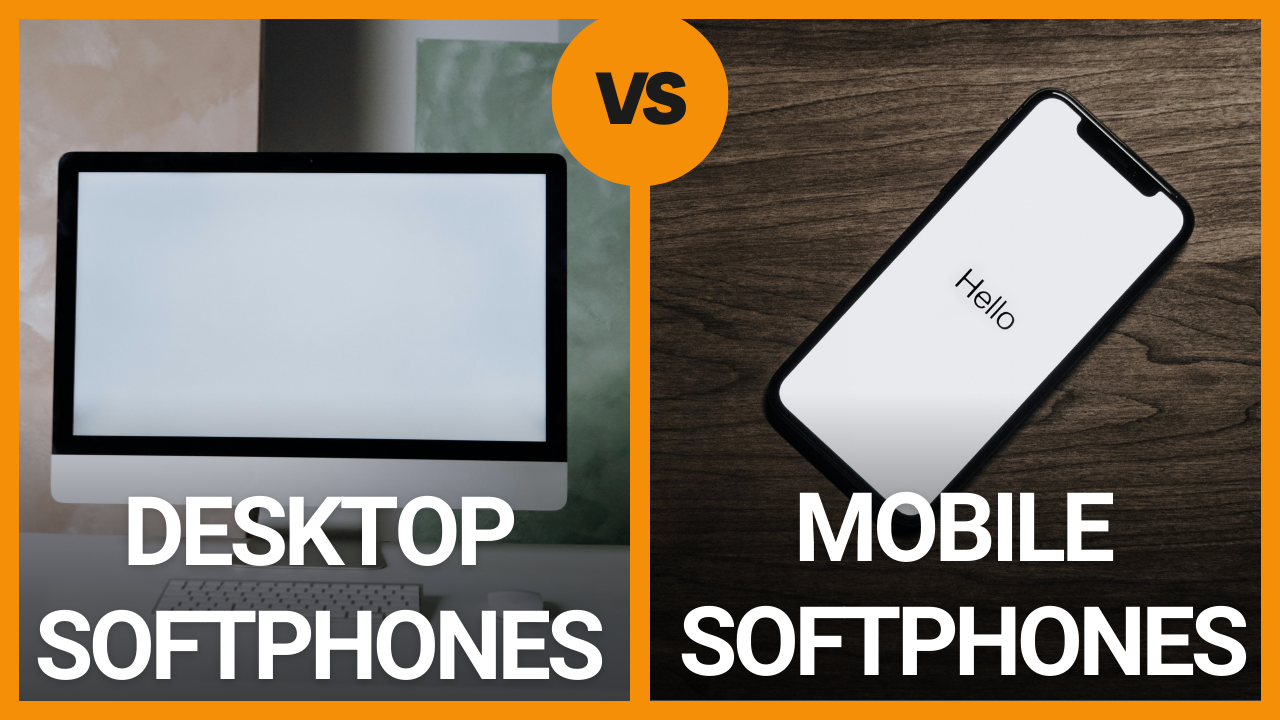While the desire to physically own and control the technology utilized in your organization’s telephony system is understandable it isn’t particularly easy to dismantle. The fact of the matter is it’s better to focus your organization’s space, resources and attention on the work your employees perform and not on optimizing and maintaining the infrastructure that keeps the lights on and the phone lines open.
Selective Outsourcing?
Think about all the elements of your organization’s infrastructure, all those elements existing purely to facilitate the production of the products and services your organization runs, and ask yourself if you would really want to be personally responsible for all of them, or whether you’re comfortable having someone else, a specialist group, take care of the “care and feeding” of those systems. It won’t take more than a minute of internal inquiry to realize the more infrastructure operations you can outsource the better- and that includes the infrastructure of your organization’s telephony system.
Yet just because you can easily discount the necessity of physically hosting your organization’s VoIP gear that doesn’t mean you’ll be able to write off the human element quite so easily. That is to say, even though you won’t think twice about sending the physical equipment running your phone systems to a remote location, you’ll probably have a difficult time taking the responsibility of running those systems out of your IT department’s hands.
We admit- the human element of switching to any new technology can be tricky to handle, especially if it involves downsizing within your organization or otherwise making one or more members of your IT department redundant.
There are a couple of different ways to approach this dilemma.
Read more


